Iran's silence over damage it incurred at sites bombed by Israel and the US is fueling concern about the state and location of the Islamic Republic's near-bomb-grade uranium inventory, according to a new report issued by the United Nations nuclear watchdog. The International Atomic Energy Agency reiterated that it has not been able to verify Iran's fuel stockpile since mid-June, according to documents seen by Bloomberg. It is the first IAEA report since the UN Security Council reimposed sanctions that demand Iran suspend enrichment activities.
The IAEA's Director General, Rafael Mariano Grossi, expressed his concerns in a statement, saying, "The lack of transparency and cooperation from Iran is creating an environment of uncertainty and mistrust." Grossi emphasized the importance of verifying Iran's nuclear activities, citing the need for a "credible and transparent" approach to ensure the peaceful use of nuclear energy.
The IAEA's report highlights the challenges in verifying Iran's nuclear activities, particularly since the damage to its nuclear facilities in June. The agency has been unable to access the sites, making it difficult to assess the extent of the damage and the current state of Iran's nuclear program. The report notes that Iran's silence on the matter is exacerbating the situation, making it increasingly difficult for the IAEA to perform its monitoring and verification duties.
The background of the situation is complex, with tensions between Iran and the international community escalating in recent months. The UN Security Council reimposed sanctions on Iran in response to its nuclear activities, which the international community views as a threat to regional and global security. Iran has maintained that its nuclear program is for peaceful purposes, but the IAEA's report suggests that the country's actions are creating concerns about its intentions.
Experts say that the situation is a classic example of the challenges in verifying nuclear activities, particularly in countries with limited transparency and cooperation. "The IAEA's role is to verify the peaceful use of nuclear energy, but it requires cooperation from the country in question," said a nuclear expert, who wished to remain anonymous. "In this case, Iran's silence is making it increasingly difficult for the IAEA to perform its duties."
The current status of the situation is uncertain, with the IAEA and the international community waiting for Iran to provide more information about its nuclear activities. The UN Security Council has called on Iran to cooperate with the IAEA and to suspend its enrichment activities. The situation is likely to remain tense in the coming weeks and months, with the IAEA and the international community continuing to monitor the situation closely.
In a statement, the IAEA emphasized the importance of cooperation and transparency in resolving the situation. "The IAEA is committed to verifying the peaceful use of nuclear energy, and we urge Iran to cooperate with us to resolve this situation," said a spokesperson for the agency. The situation is a reminder of the complexities and challenges in verifying nuclear activities, particularly in countries with limited transparency and cooperation.
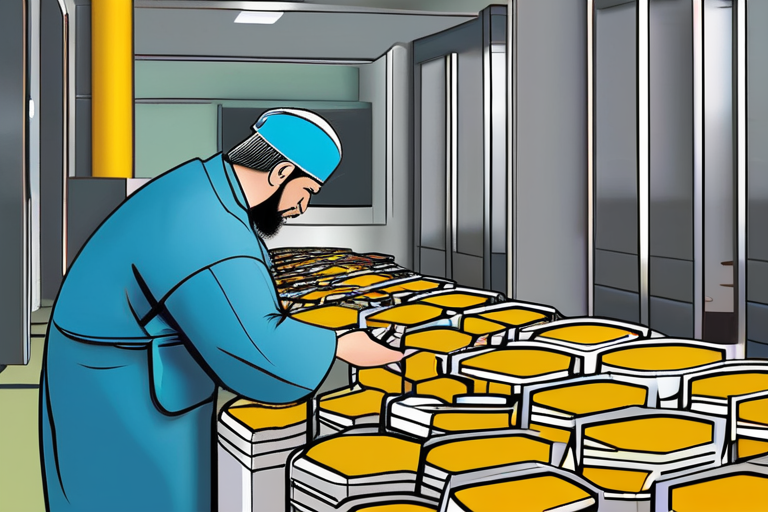


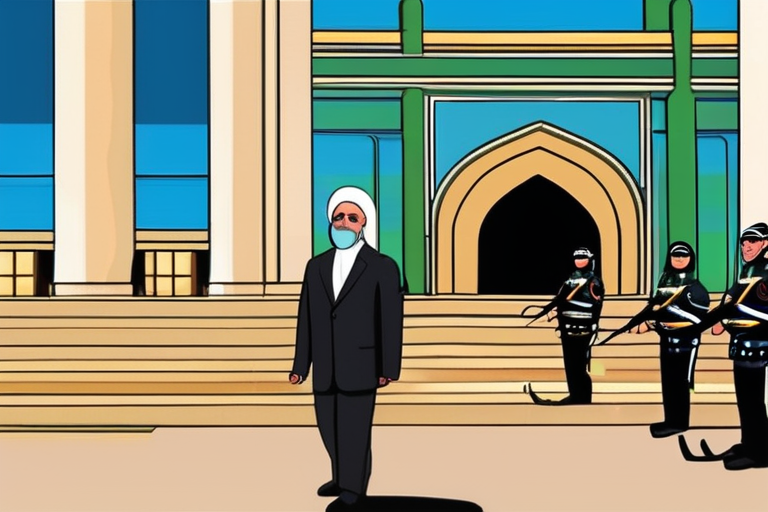
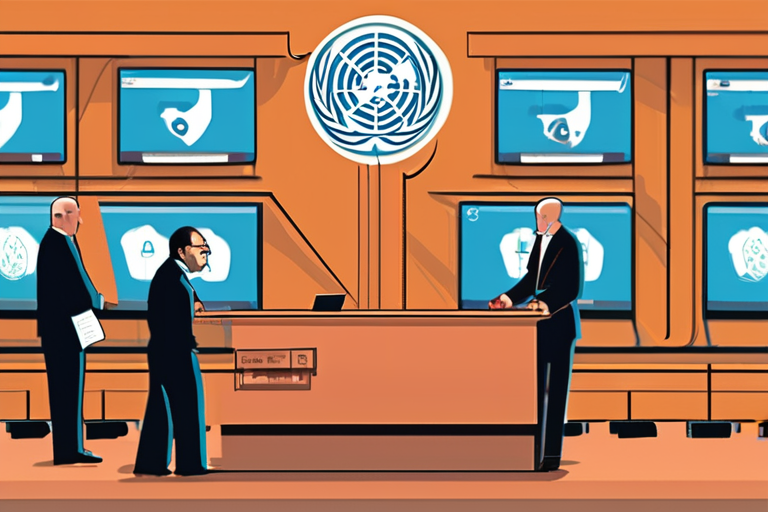

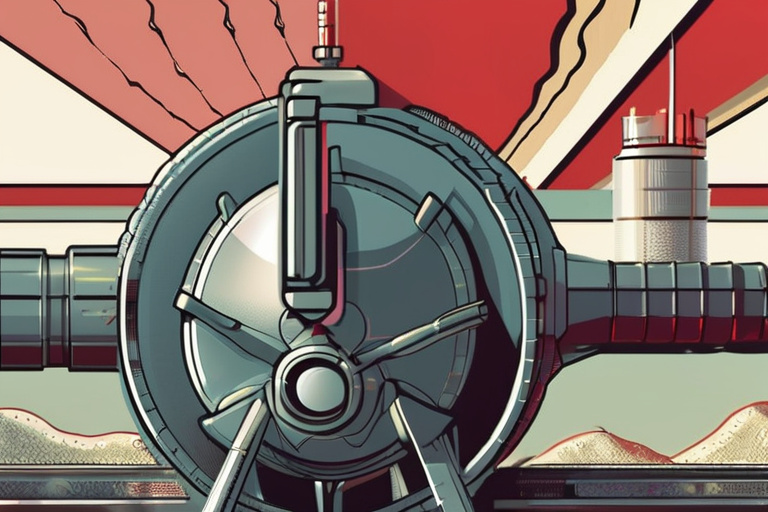
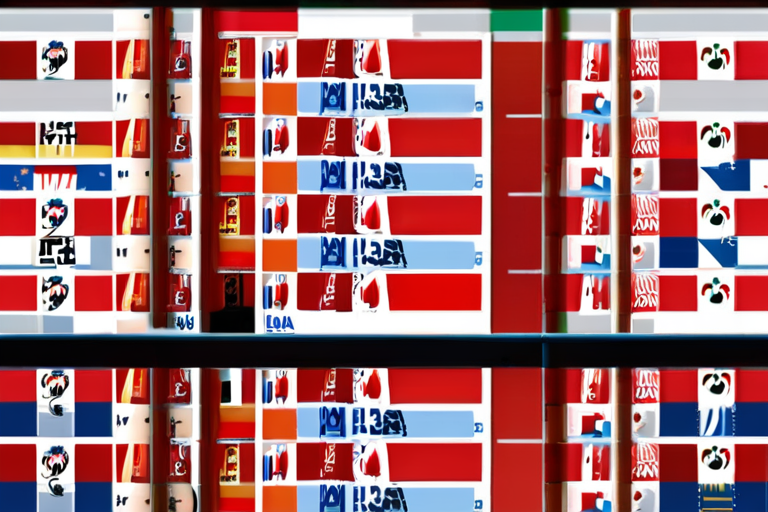
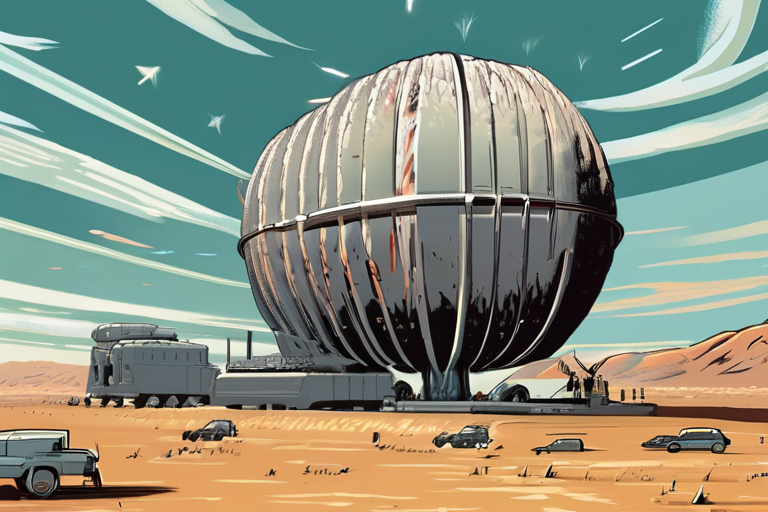
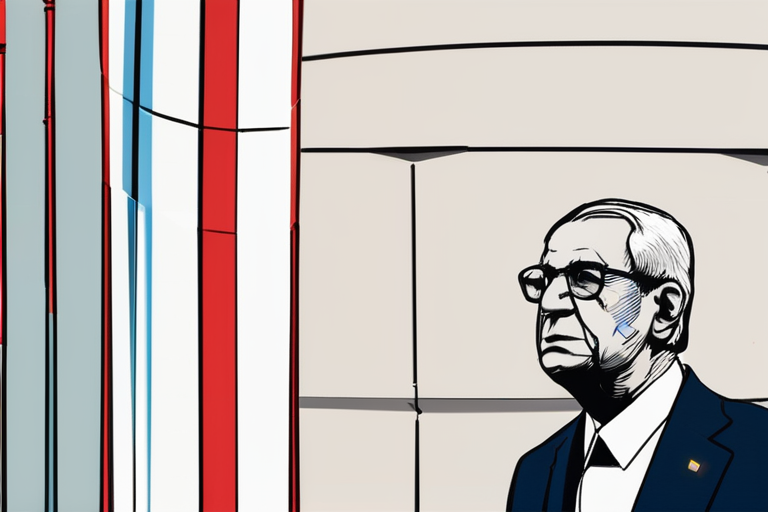
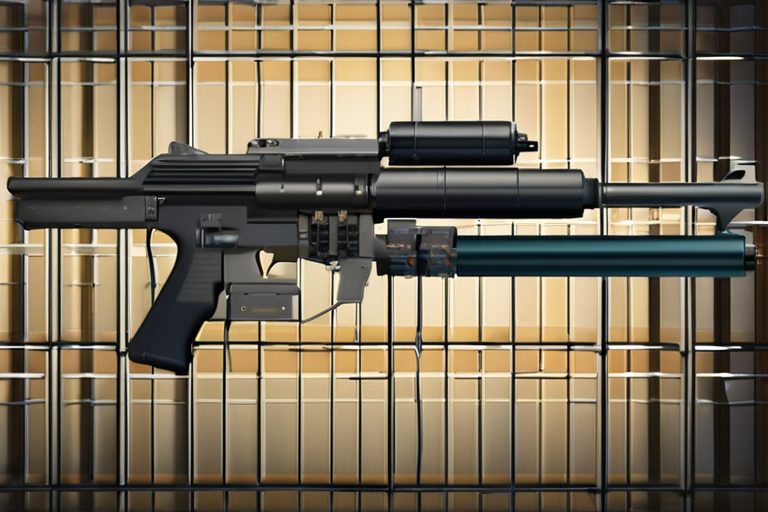
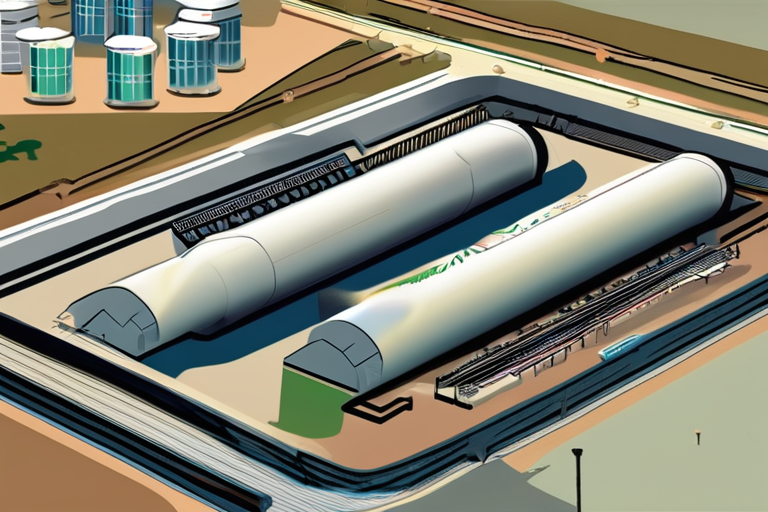
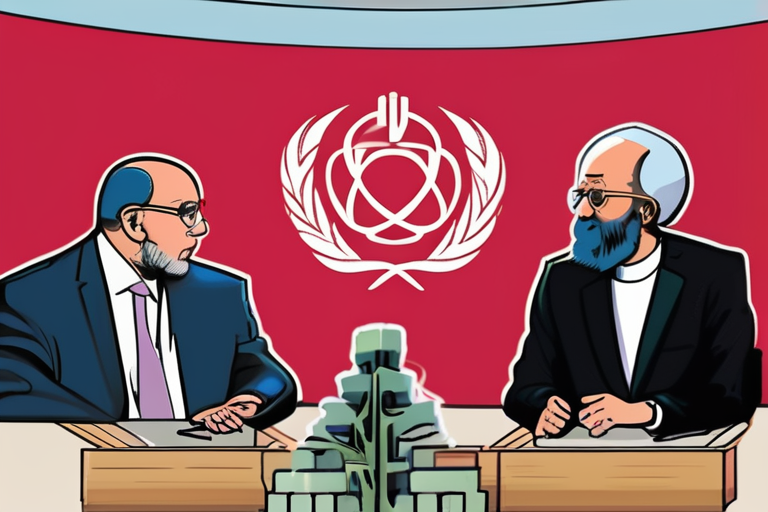
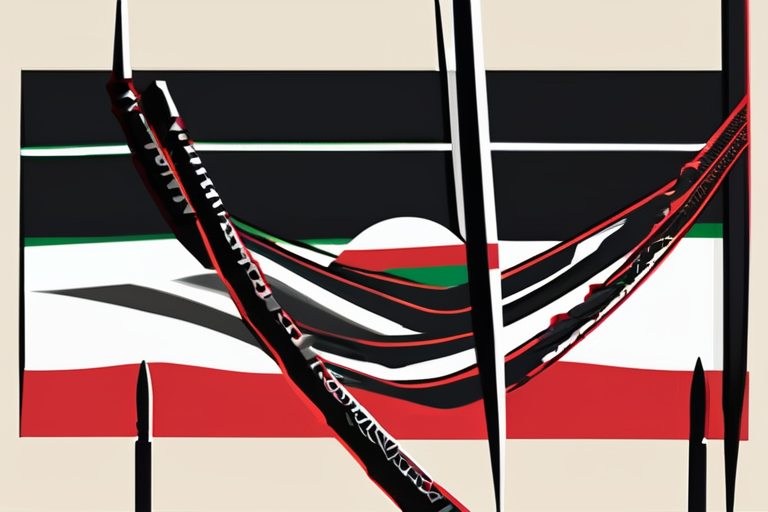

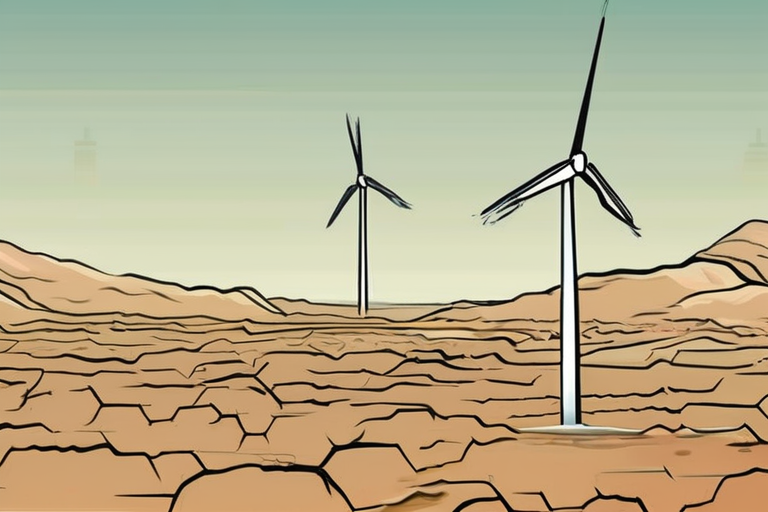
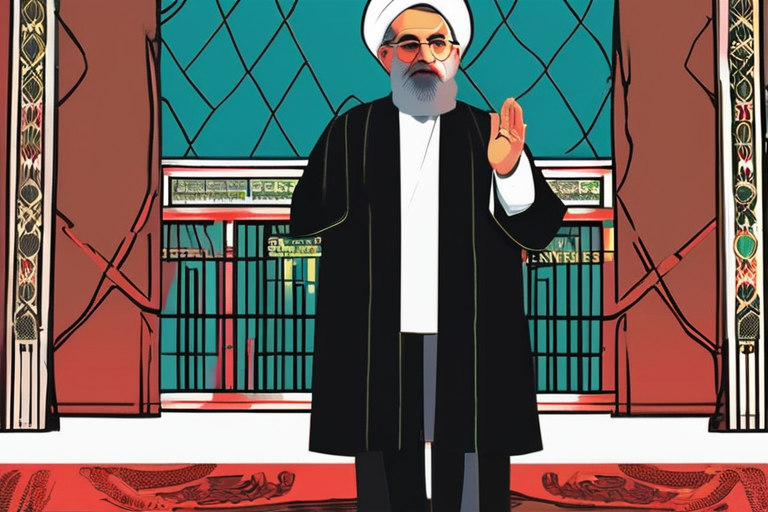
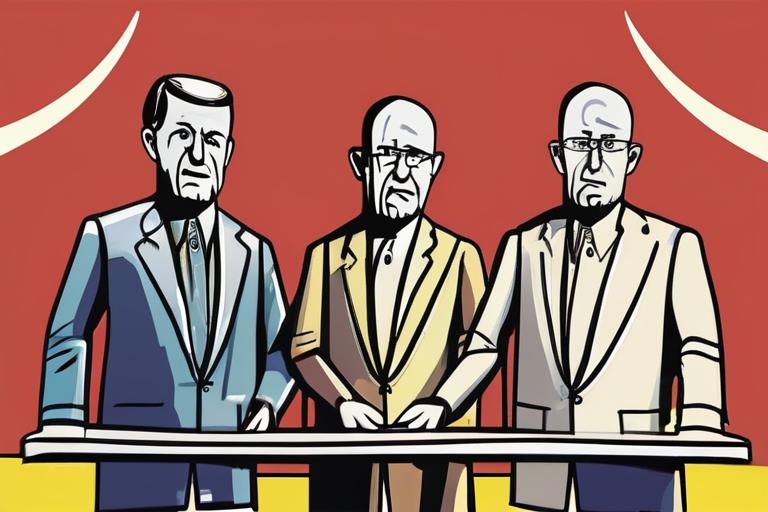
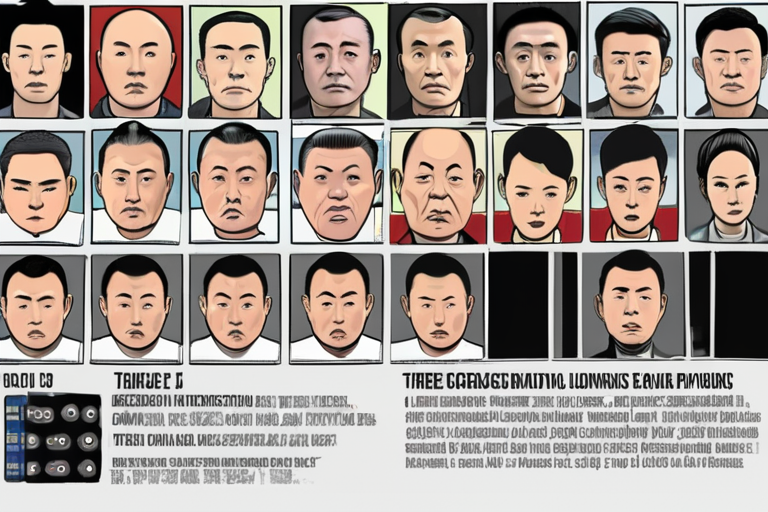
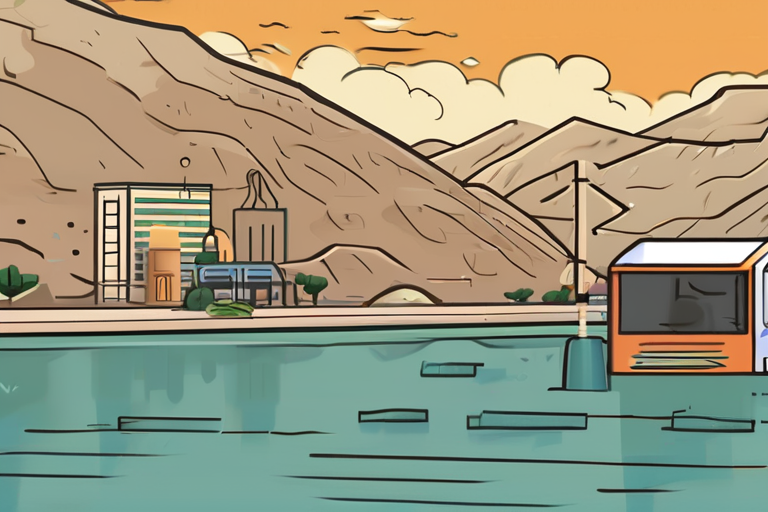
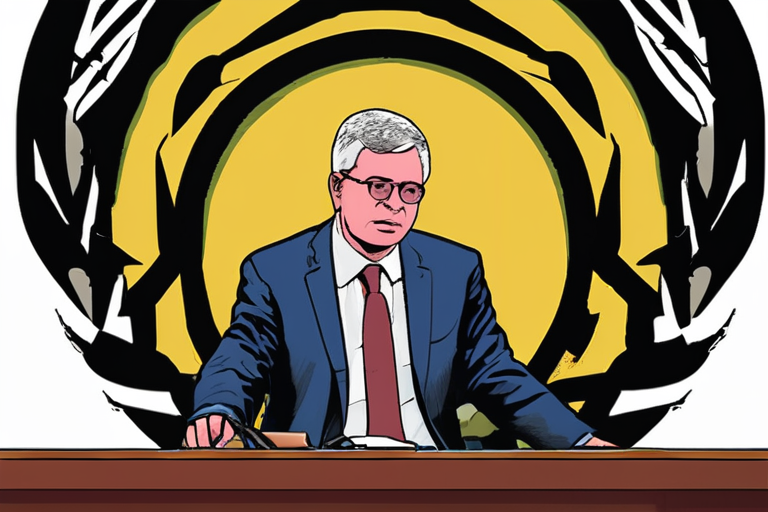
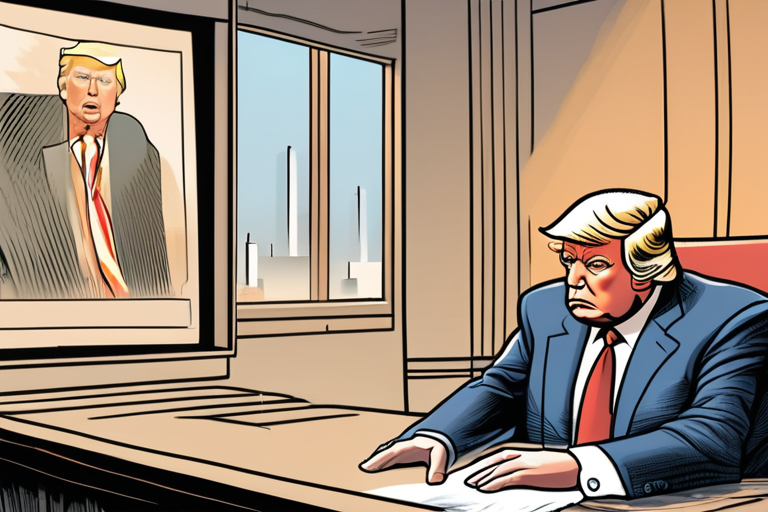
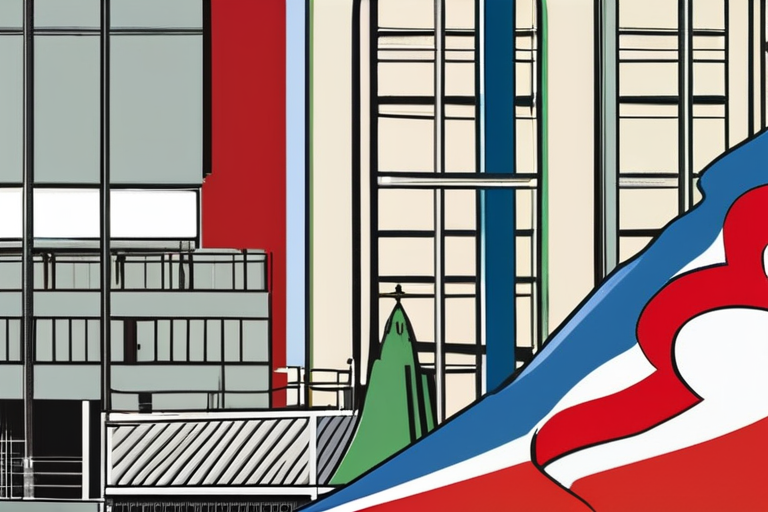
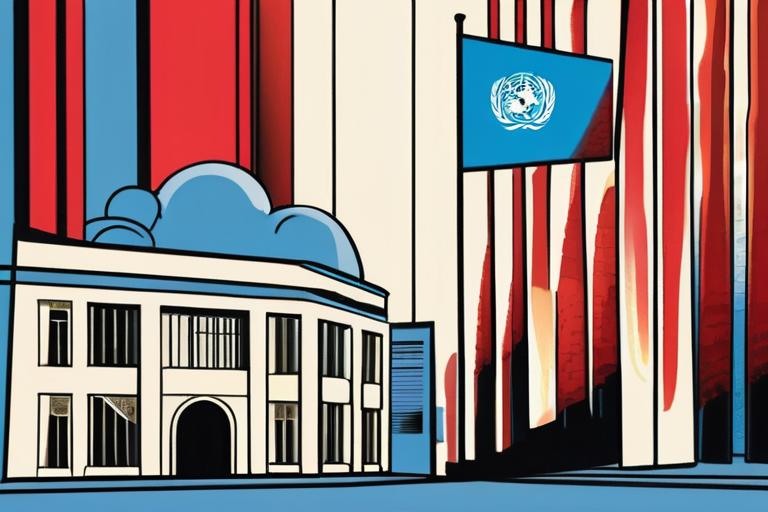
Share & Engage Share
Share this article